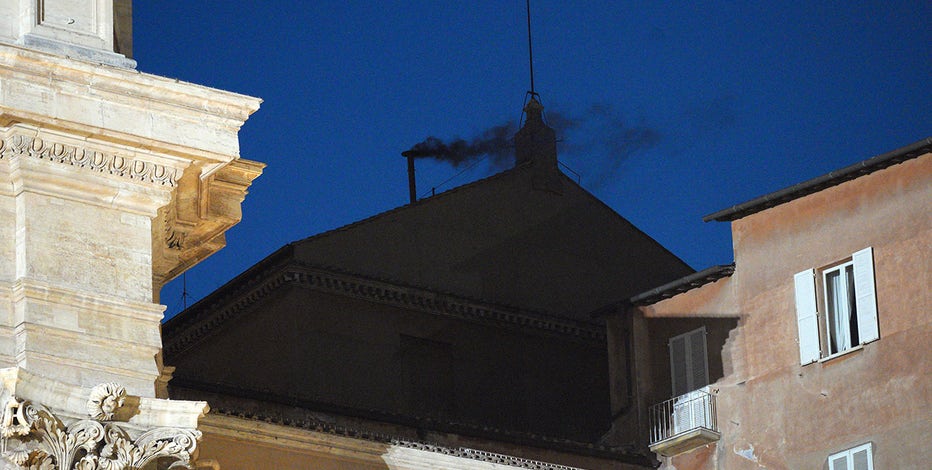Dallas professor shares insight on the process of picking a pope
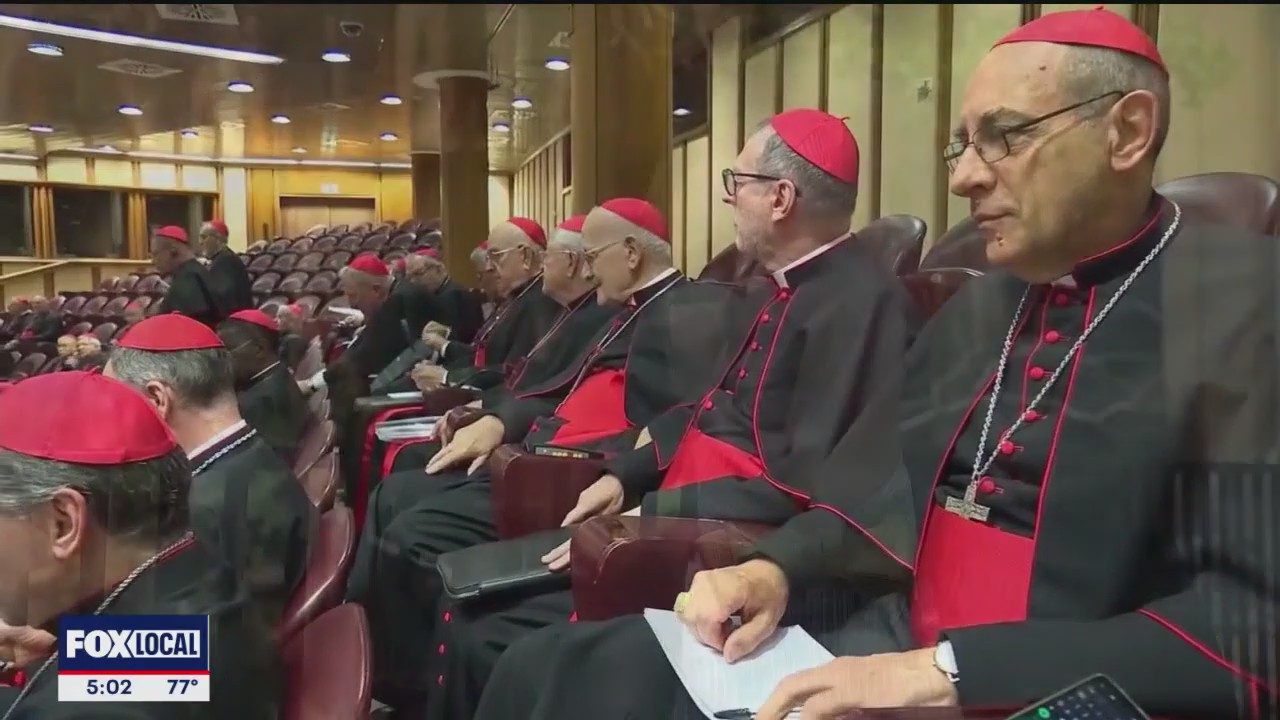
Papal conclave begins as Pope Francis' successor awaits
The highly secretive process of picking a new pope began on Wednesday behind the closed doors of the Sistine Chapel in Vatican City. FOX 4’s Steven Dial sat down with a local expert to talk about the papal conclave.
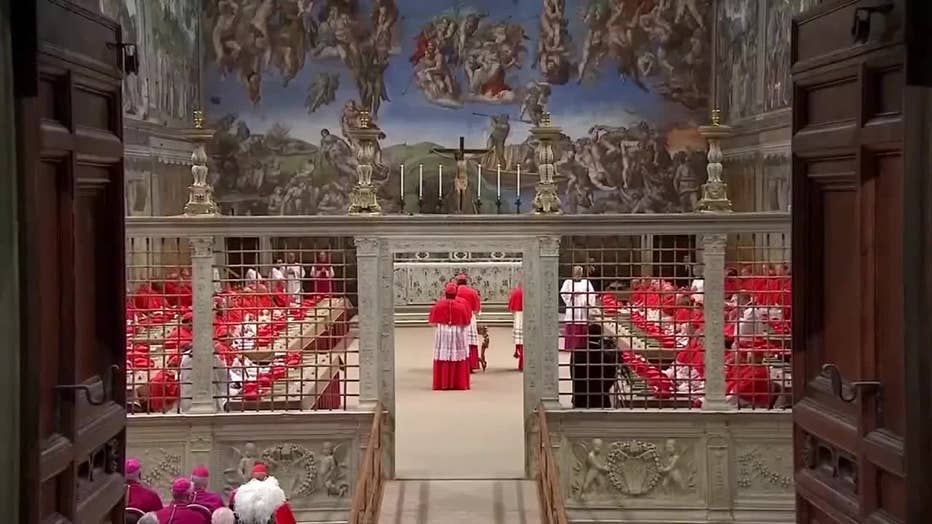
DALLAS - The highly secretive process of picking a new pope began on Wednesday behind the closed doors of the Sistine Chapel in Vatican City.
It’s a centuries-old tradition with repeated rounds of prayer and voting until the Catholic Church’s 133 voting cardinals reach a two-thirds majority in their selection.
Thousands of Catholics waited in Saint Peter’s Square throughout the first day of voting but saw only black smoke.
The previous two popes, Pope Benedict and Pope Francis, were both elected on the second day of voting. White smoke will be the symbol once that happens.
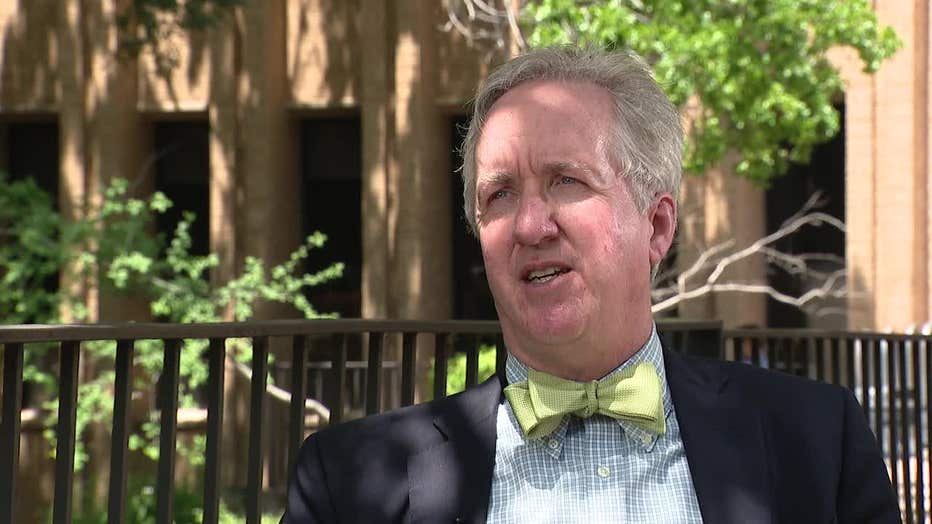
Local perspective:
FOX 4’s Steven Dial sat down with Professor Christopher Malloy, the chair of theology at the University of Dallas, to talk about the process.
Do you think the new pope will be someone similar to Pope Francis, who may have rubbed some people the wrong way? Or do you think it could be going back to a more moderate type of pope?
"12 years ago, many people thought they knew who the frontrunners were. And in fact, very few knew who the frontrunners were because of the secrecy. I think, in some respects, for the 2005 election, the later Pope Francis was actually a frontrunner. And, but very few people knew that on the outside. Media, theologians, historians, very few people knew," Malloy said.
How much does age play a role in this?
"I think right now you're going to see probably someone who's 75 or older. Over 70, I would think. Probably not a 60-year-old, probably not a 55-year-old. That'd be my guess," the theology chair said.
What does your gut say about the chances of a first? A first Asian, first Black.
"A first African, I think there's a good chance of that. Not that it's the number one candidate, but I think that there's the possibility that Cardinal Sarah could be the, could be. He's one of the top 10 in many people's minds. And that would be remarkable. I think number one, what is the good of the church? I don't care who he is, I don't care what his background is. But it would be beautiful in that sense that God has called everyone in the world to his love. And if we have an African, if we have an Asian cardinal who is a great promoter of the love of God and the truth of his fidelity to the world, that's wonderful," he said.
What are the chances of an American, you know, having a real chance of possibly being the Pope? And then just talk about us having someone who used to be in our area being in a visible role in this process.
"Well, it's pretty remarkable when you see someone who was your bishop and then is very visible somewhere else and higher up, that kind of thing. It's always a remarkable thing. And you always want to say, ‘Remember us.’ So, you've got Cardinal Farrell, and you have Giovanni Battista Ray running the election," Malloy said. "The chances of an American cardinal, I think, are pretty low. And one of the reasons historically for that is that the papal office is meant to unite the global church, Catholic church. And if a political power, a powerhouse, political powerhouse were to have too much influence, that might be not healthy for the church. Or the cardinals might perceive it as not healthy for the church."
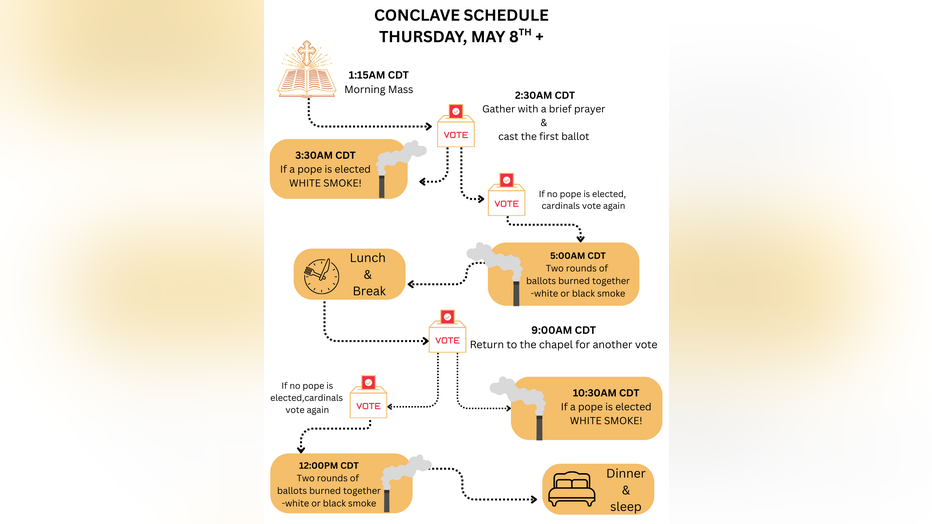
What's next:
The cardinals are expected to vote again twice on Thursday morning. That could be sometime between 3 a.m. and 6 a.m. in Dallas.
If there’s no pope selected, they will vote twice in the afternoon as well. That could be sometime between 10 a.m. and 1 p.m. locally.
The Source: The information in this story comes from LiveNOW from FOX and an interview with University of Dallas Professor Christopher Malloy.


